As I have mentioned in my post from last week’s Monday, the apartment building opposite my own has been prepared for renovation. Nothing much happened last week after the scaffolding was put up in the pouring rain, but this week, finally, work has begun.
On Monday and Tuesday two workers were busy doing something to the roof and the facade of the building that seemed to be sandblasting. It was very noisy, took the best of two days, and now the colour of the roof has turned from a shiny black into a dull grey. I cannot see the facade, as it is behind the scaffolding which is now covered in grey protective sheets, but I would assume that something similar happened there.
 As I said, this work was extremely noisy, and the noise was almost constant. And although it is rather cool at the moment for this time of the year (only around 30 degrees), the humidity is high enough that open windows are very pleasant, no, almost a necessity. By early afternoon on Monday I’ve had enough, packed my stuff and went to a cafe that is close by but far enough as to not be affected by the noise. It was a good decision – I got quite a lot done that afternoon!
As I said, this work was extremely noisy, and the noise was almost constant. And although it is rather cool at the moment for this time of the year (only around 30 degrees), the humidity is high enough that open windows are very pleasant, no, almost a necessity. By early afternoon on Monday I’ve had enough, packed my stuff and went to a cafe that is close by but far enough as to not be affected by the noise. It was a good decision – I got quite a lot done that afternoon!
When they started again yesterday morning, I was all but packed to go out to a library for the day – when it started pouring down and I decided to stay home after all and move to the bedroom at the back of the apartment instead. I thought I could endure the noise for one more day, and indeed they seemed to finish yesterday in the early afternoon.
However, it never rains but it pours… Yesterday around noon, another company has started to tear down a wall on the other end of the parking lot that lies just underneath my balcony… And as this is a very old (and beautiful too, let me state that) brick wall, more than three metres high and maybe eight or more metres long, this will take quite a while for people yelling at each other, jack-hammering, throwing bricks onto lorries… (*)
It seems there will be noise going on for quite a while, and there is not much I can do about it other than fleeing to some cafe or library, if I want to get some work done. I hope they are finished soon…
(*) Fun fact: The parking lot underneath my balcony is a private one, only people who live in our houses (and their guests) are allowed to park here, which means there is a chain at the entrance. It is mostly empty, many people don’t seem to drive their cars on a daily basis. Also, the parking lot exits onto a very quiet, straight, one-way road that is mostly used by cyclists. However, one of the about 10 people tearing down the wall is standing there with a signalling stick to make sure all cars get in and out safely. Talk about job-creating measures…





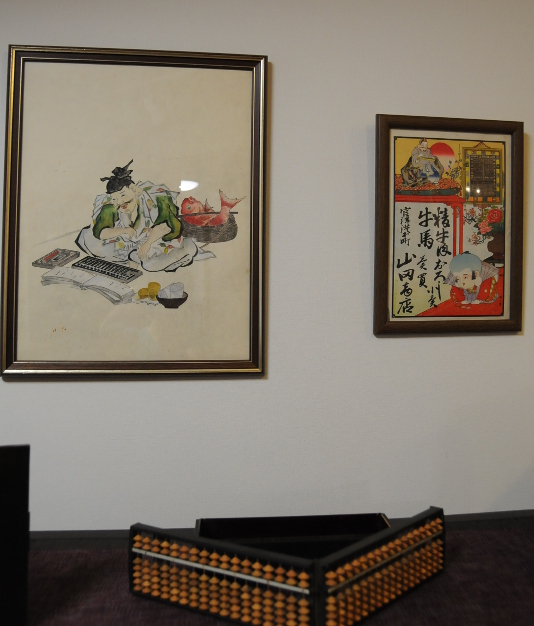
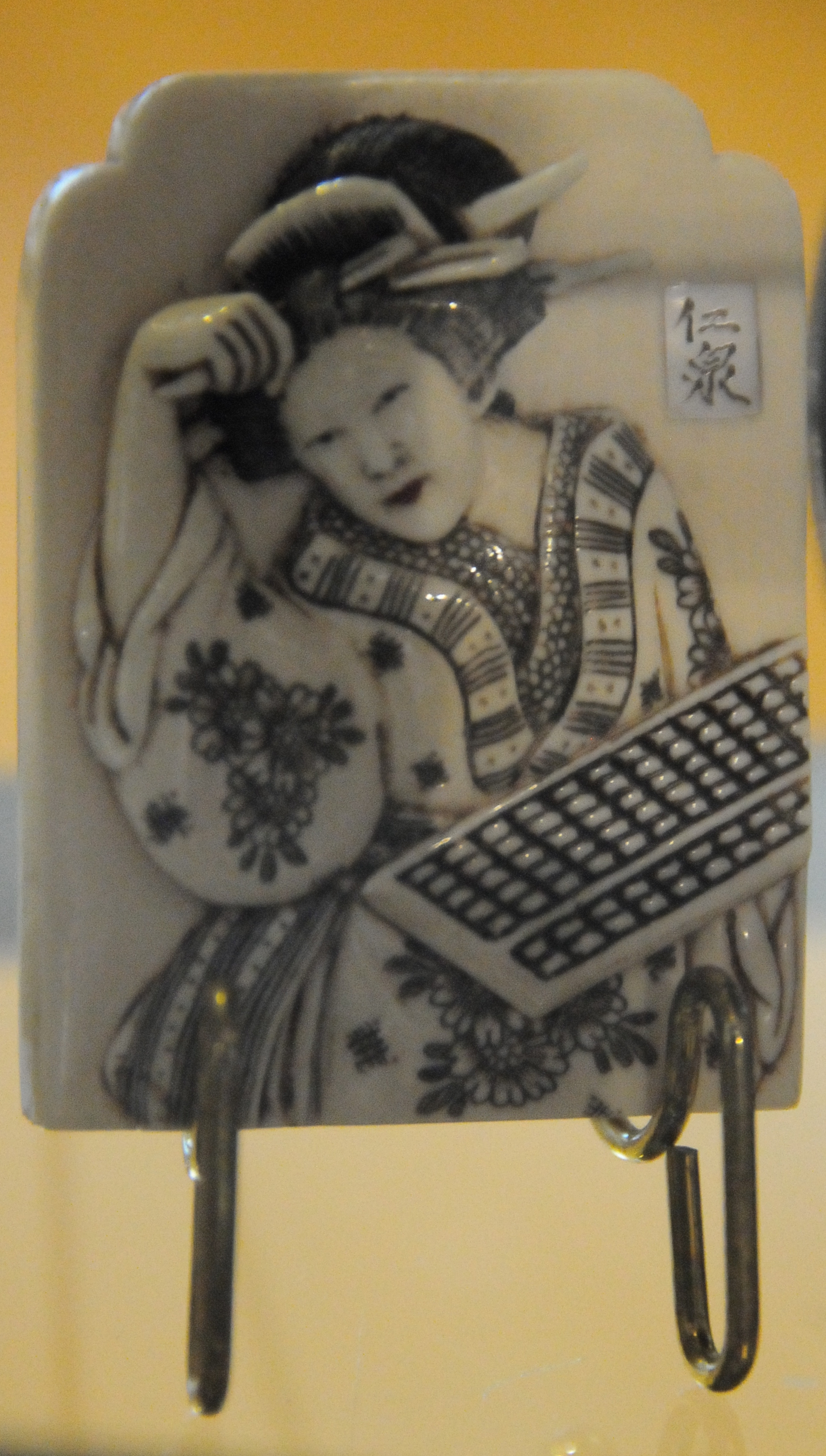

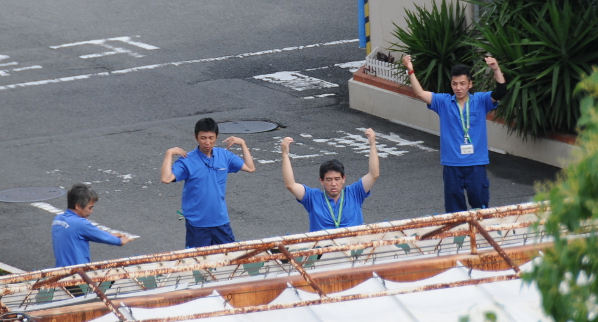
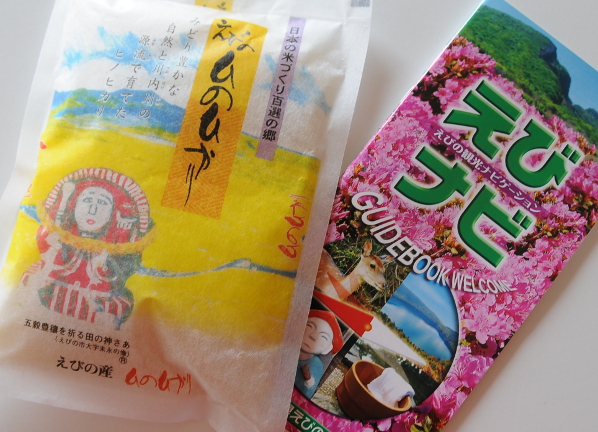 Looking at the guidebook, the place seems to be more rural than I tend to like it after spending years successfully escaped one of those places… On the other hand, they do seem to have some extremely stunning lakes there; their almost precisely round shape makes me wonder whether those are all old volcanoes… Well, maybe it’s worth going there after all. Some time in autumn, probably. What a little bag of rice can do!
Looking at the guidebook, the place seems to be more rural than I tend to like it after spending years successfully escaped one of those places… On the other hand, they do seem to have some extremely stunning lakes there; their almost precisely round shape makes me wonder whether those are all old volcanoes… Well, maybe it’s worth going there after all. Some time in autumn, probably. What a little bag of rice can do! So, today I picked up my friend from Bulgaria, and together we went to see Macondo, an Austrian movie from last year.
So, today I picked up my friend from Bulgaria, and together we went to see Macondo, an Austrian movie from last year. Well, while they were happily running up and down the half-finished scaffolding and throwing the parts to each other, it was raining. Not just a light drizzle, it was pouring heavily. All day long. They all kept working regardless, a few minutes before that photo was taken, the man in the black jacket even went to the roof working there.
Well, while they were happily running up and down the half-finished scaffolding and throwing the parts to each other, it was raining. Not just a light drizzle, it was pouring heavily. All day long. They all kept working regardless, a few minutes before that photo was taken, the man in the black jacket even went to the roof working there. Finally, yesterday – precisely eight weeks and two days after filing – I received a notification from Immigration. It was short and to the point. Almost a standard form letter. They want yet more documents… Time for another issue of our popular series “Fun with Immigration”!
Finally, yesterday – precisely eight weeks and two days after filing – I received a notification from Immigration. It was short and to the point. Almost a standard form letter. They want yet more documents… Time for another issue of our popular series “Fun with Immigration”!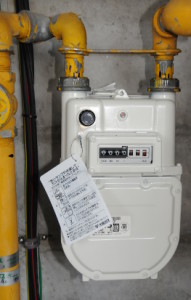 I have a brand-new gas metre. I have no idea why I needed one, whether the old one was defect in one way or another or whether gas metres are automatically replaced at more or less random intervals… The good thing about this was that I did not have to pay anything for it, and that it needed almost no input from my side either. Let’s recap:
I have a brand-new gas metre. I have no idea why I needed one, whether the old one was defect in one way or another or whether gas metres are automatically replaced at more or less random intervals… The good thing about this was that I did not have to pay anything for it, and that it needed almost no input from my side either. Let’s recap: